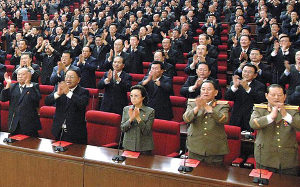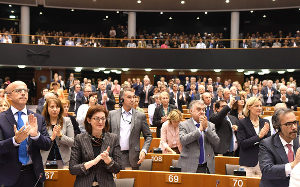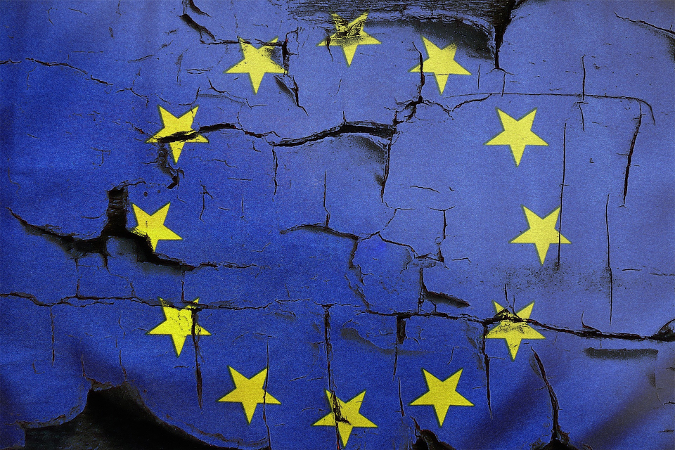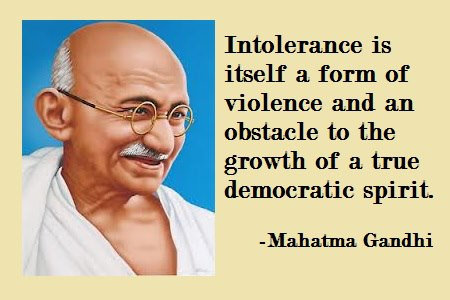[dropcap]T[/dropcap]here are four key parts that make up the government of the European Union and none of them are democratic. Why? Because they are an unelected and unaccountable elite who make laws and do deals in secret. They all sound very democratic using terms such as Parliament, councils and Justice but they are about as democratic as the Supreme People’s Assembly (SPA) of North Korea.
The Way that the EU operates is not just undemocratic it is anti-democratic and the veneer of democracy is almost as thin as that in North Korea.
How does the North Korean system work?


The voters there, though sheep may be a better term, are are given a voting form in the district where they live, with a single candidate. The candidates are chosen by the Democratic Front for the Reunification of the Fatherland, the governing coalition, which is controlled by the Workers’ Party. On the ballot form, for want of a better word, there is only one box for the voter to tick. Even the process is undemocratic. If the voter agrees they mark the box and put the paper into the ballot box, if they disagree they must put the paper into different box which would be seen as a dangerous act of treason. Even trying to slip a non marked ballot paper into the correct box is impossible as they are checked before they go in.
Once the process is complete and the population have voted for, or rather endorsed, the 687 members the voters can go back to their miserable existences like drones in Metropolis. Even then the SPA, meeting infrequently, merely rubber stamps decisions made at a higher level. Firstly the supreme leader, Kim Jong Un, then by the Praesidium, a smaller group of senior officials, directed by Kim Jong Un.
Does it sound familiar?
As well as the European Parliament the other three parts of the EU are the European Commission, European Council and the Court of Justice of the EU.
The Courts of Justice sounds promising, justice and all that but its purpose is ensuring EU law is interpreted and applied the same way in every EU country; ensuring countries and EU institutions abide by EU law and that the law is observed in the interpretation and application of the Treaties and all of the activities of the Union. The ECJ is an institution to regulate the treaties and framework of the EU, it cannot decide if a particular EU law is wrong or unjust, it merely decides how a law should be implemented.
The European Council represents the member states of the EU. Not the people of those states but the legal entity of the states for whom the people don’t exist. The Council defines the general political direction and priorities of the European Union, again regardless of the will of the people. It is a policy unit giving broad direction to how the EU evolves. You can choose whatever name you like for the two types of government. I personally call the type of government which can be removed without violence “democracy”, and the other “tyranny”. Karl Popper The European Commission is the institution which represents the EU itself and sets the agenda for the EU based on what is in its best interests. It is made up of 28 members, one from each EU state. The members are political appointees whose oath of allegiance is to act in the interests of the EU rather than the states that they represent and by extension the people who voted the governments of the states into office. There is zero democratic accountability for the workings of the Commission. The role of the Commission is to consider, propose and legislate laws in the interests of the EU. The Commission is the main starting point for all the laws of the EU and has sole “right of initiative” within the EU. Proposing, amending or repealing (something which I am not sure has has ever been done) any EU law is within its exclusive competency and nothing can be done without the Commission’s involvement and approval. The Commission cannot be compelled to act by any other part of the EU and this will not change as it would require a change to the law which the Commission would have to propose or agree to. If the Courts of Justice represent the treaties of the EU, the Council represents the member states and the Commission represents the EU as a legal entity who then represents the people? In its propaganda the EU proudly states that ‘The European Parliament allows the citizens of the EU to participate directly in European political affairs. The citizens of the 28 member states appoint their deputies in the national elections for a five-year period’ Except it doesn’t. A properly constituted parliament had powers and responsibilities which far exceed the rubber stamped version that the EU has. The parliament of the EU is much closer to the SPA of North Korea than Westminster. The main difference between the SPA and the EU version is that there were more people on the ballot for the voters (in ever decreasing numbers) to vote for, and that they tend to meet more often. The EU Parliaments function, to quote the EU, is as a key legislative organ as it adopts regulations and directives. It adopts regulations and directives! It rubber stamps regulations and directives from the Commission. The Commission considers which law needs to be introduced or amended, it then proposes that to the Parliament which, after a show of impartiality, passes the Commission’s wishes by waving whatever their version of the North Korean Workers Party membership card around like marionettes dancing to the beat of the puppet master’s tune. The European Parliament cannot, like every properly functioning democratic chamber, introduce their own laws, repeal or change bad laws or in fact act independently in the best interests of the people who they are supposed to represent. From the very beginnings of democracy, from the Greeks, now being so badly treated by the EU, we have the ideal of vox populi vox dei – the voice of the people is the voice of God. The people are the masters of the process, they are the masters of parliament not the other way round. As an ideal it is not perfect but the EU have managed to ignore it completely and instead instituted their own version vox ab eo commissa, sit vox Dei – the voice of the Commission is the voice of God. Three of the four main institutions do not represent the interests of the people and the fourth, that is supposed to, is directed on how to perform by the other three. How can the EU claim that it is democratic when there is no democratic basis for its legislation. Democracy is the worst form of government, except for all the others. Churchill November 1947 US Independence revolved around the idea of ‘No Taxation Without Representation’ but now the whole of the EU is run that way. In secret. Deals being done and laws being passed not for the people, not to make anyone’s life better, but for two primary purposes, which explain a lot: To ensure the expansion and survival of the European Union as a political entity and, to represent large multi-national entities.at the expense of small and medium-sized businesses. In the end this will drive all the smaller competitors out of business by complicated compliance that only the larger companies can afford to follow, in turn that destroys any semblance of competition through monopolies pushing up prices for poorer quality goods and services. Who better to provide the proof of this than the unelected European Commission President, Jean-Claude Juncker who espouses on the circumvention of democracy like it is a normal way of doing business. Actually for the EU it is a normal way of doing business. “There can be no democratic choice against The European Treaties” “When it becomes serious, you have to lie” “Of course there will be transfers of sovereignty. But would I be intelligent to draw the attention of public opinion to this fact?” Kim Il-sung would be so proud that his ideology of juche and his ‘original, brilliant and revolutionary contribution to national and international thought’ has been so readily adopted by the EU, or at least his organisational ability to keep inteferring citizens away from the real decision making process. On 20th November 1991, Tony Benn said the following about the loss of democratic freedoms in Parliament during the debate about the Maastricht Treaty: If people lose the power to sack their Government one of several things happens. First, people may just slope off. Apathy could destroy democracy. When the turnout drops below 50 per cent, we are in danger… The second thing that people can do is to riot. Riot is an old-fashioned method for drawing the attention of the Government to what is wrong. It is difficult for an elected person to admit it, but the riot at Strangeways produced some prison reforms. Riot has historically played a much larger part in British politics than we are ever allowed to know. Thirdly, nationalism can arise. Instead of blaming the Treaty of Rome, people say, ‘It is those Germans’ or ‘It is the French’. Nationalism is built out of frustration that people feel when they cannot get their way through the ballot box. With nationalism comes repression. He was absolutely right, and anyone looking at the past few years must realise the truth in those words. Contrary to what the puppet masters in Brussels believe the answer to the problems the EU is having is not ‘More EU’ it is more democracy. I fear that the deficit is too big now and they will not give up their power easily, like most despots.



